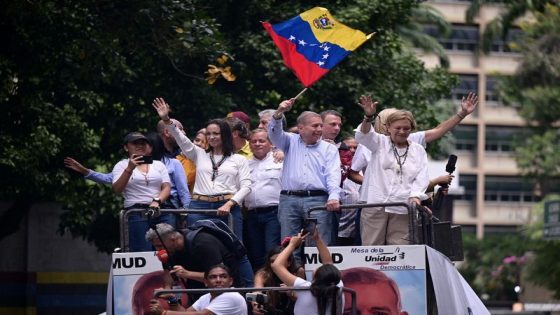CARACAS (Reuters) – Venezuela’s attorney general’s office said on Monday it has issued a second summons for opposition leader Edmundo Gonzalez to attend questioning about an opposition website which published detailed results of the country’s disputed presidential election last month.
Gonzalez, 74-year-old former diplomat, was issued the first summons over the weekend to appear on Monday morning at 10 a.m. local time (1400 GMT) but had not appeared by nearly noon, according to Reuters witnesses.
The second summons, posted on social media by the prosecutor’s office, calls for him to appear on Tuesday at 10 a.m. to testify about alleged usurpation of functions of the electoral authority, falsification of official documents, incitement of illegal activity and other crimes.
Gonzalez said on Sunday in a social media video he was being called for the interview “without precision about the condition under which I will testify and pre-accused of crimes that were not committed.”
Venezuelan law allows the issuance of an arrest warrant when someone violates a summons three times.
Venezuela’s national electoral authority and its top court have named President Nicolas Maduro as the victor of the July 28 election with just over half of the votes, but the tallies posted on the opposition website show a resounding victory for Gonzalez.
The opposition, some Western countries and international bodies like a United Nations panel of experts have said the vote was not transparent and demanded publication of full tallies by the electoral authority, with some outright decrying fraud.
Ruling party officials including Maduro have accused the opposition of stoking violence and Attorney General Tarek Saab launched criminal probes into opposition leader Maria Corina Machado, Gonzalez and the website earlier this month.
Protests since the vote have led to at least 27 deaths and 2,400 arrests.
Detentions of opposition figures and protesters have continued in the weeks since, as the ruling party-controlled national assembly passed a law tightening rules on NGOs and unions denounced alleged forced resignations of state employees espousing pro-opposition views.
(Reporting by Vivian Sequera; Writing by Julia Symmes Cobb; Editing by Marguerita Choy)
Source Agencies




